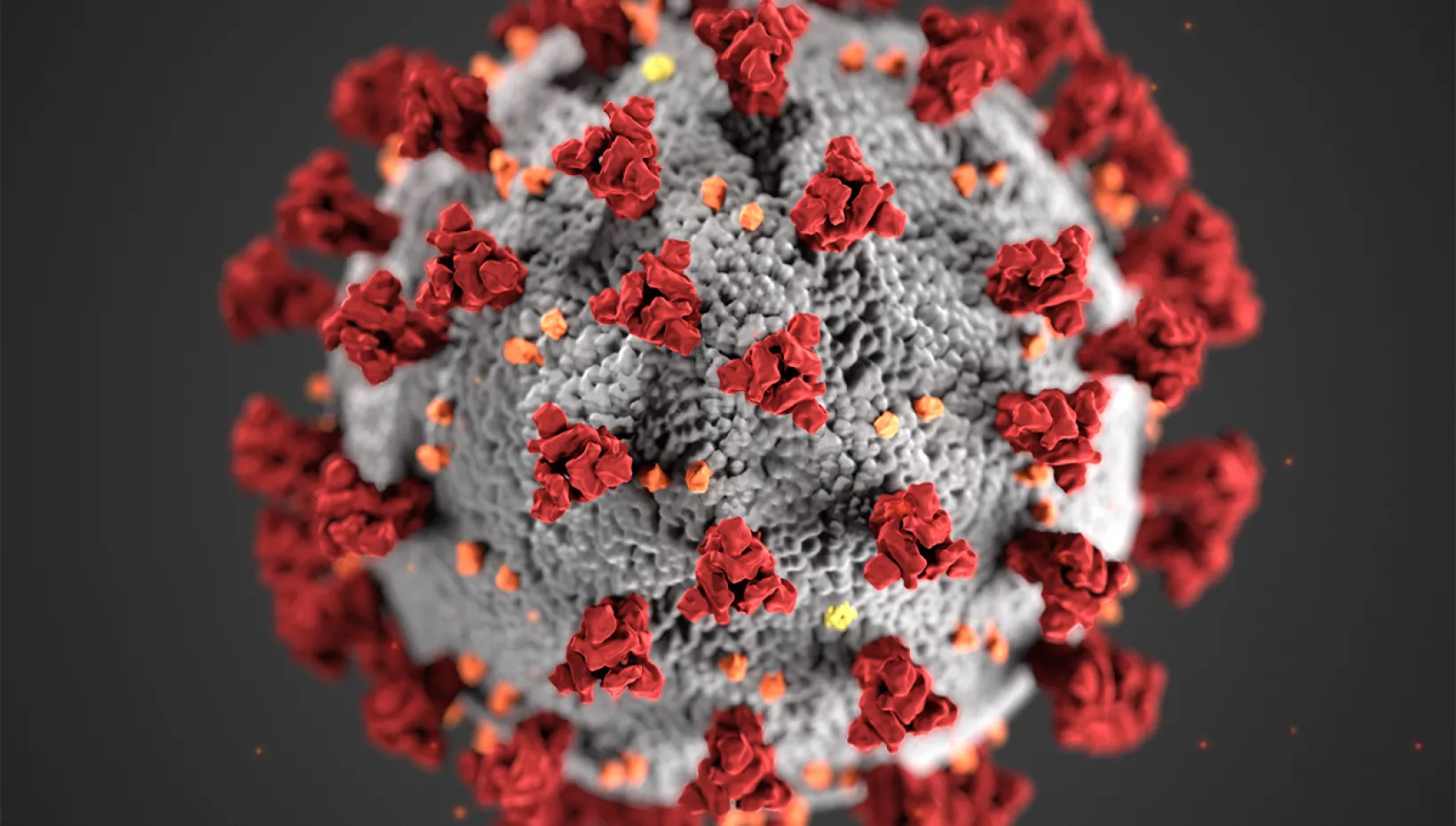New data: COVID booster shots likely provide increased, broad protection against new Omicron variant in human patients with cancer

Article by: Amanda Harper
Originally Published
New data show that booster vaccine doses provide significantly stronger and broader protection for patients with cancer against SARS-CoV-2 (the virus that causes COVID-19) and its most recent, highly transmissible variant, Omicron. This protection is consistent for patients with solid tumors, regardless of treatment status.
Researchers at The Ohio State University College of Veterinary Medicine and The Ohio State University Comprehensive Cancer Center – Arthur G. James Cancer Hospital and Richard J. Solove Research Institute (OSUCCC – James) report that the two-shot mRNA vaccination regimen against COVID-19 is “woefully inadequate” to provide durable protection in immune-compromised patients and urge cancer patients to get booster shots as soon as they are eligible.
“As we enter year three of the ongoing global pandemic, this is critical and emerging knowledge needed to guide future vaccination strategies to protect this vulnerable population,” said Dr. Zihai Li, one of three co-senior authors of the new study. He also serves as director of the Pelotonia Institute for Immuno-Oncology at the OSUCCC – James and professor at The Ohio State University College of Medicine.
“This adds further evidence of the urgent importance of COVID vaccination in immune-compromised patient populations,” said Dr. Peter Shields, co-senior author and deputy director of the OSUCCC – James and professor at the College of Medicine.
“Results from this work are particularly important for cancer patients but also reinforce importance of timely, consistent and broad vaccination compliance for all populations,” said Dr. Shan-Lu Liu, lead corresponding author of the study. Liu is a virology professor in the Department of Veterinary Biosciences and associate director of the Ohio State’s Center for Retrovirus Research.
The team reports its findings Dec. 29 online ahead of print in the journal Cancer Cell.
Recently published scientific studies, including a preprint from Liu’s laboratory team, have shown that the addition of a booster vaccine in healthy individuals provides stronger protection against SARS-CoV-2 and its newest variant, Omicron. Limited data exists, however, on how booster vaccination impacts immune-compromised groups – especially patients with cancer who are actively receiving therapy.
Study Design and Methods
In this new study, OSUCCC – James researchers collected samples from 50 patients with solid tumors (lung, breast, melanoma, genitourinary and gastrointestinal cancers) who had completed two-dose COVID vaccination (23 patients) or three-dose vaccination (27 patients). Samples were collected as part of an ongoing Pelotonia-funded SIIREN research study looking at how COVID impacts patients with cancer.
The OSUCCC – James team collaborated with Liu’s veterinary medicine laboratory team to measure the so-called “neutralizing antibody response” ¬– how well the body’s natural immune system is triggered to respond to, recognize and fight off infection once vaccinated ¬¬– in this case against SARS-CoV-2 and its variants.
“Although our sample size was small, the results clearly show that a solid cancer diagnosis does not negatively impact adaptive immune response to booster-mediated protection against SARS-CoV-2 variants, including Omicron,” added Liu, who co-directs the Viruses and Emerging Pathogens Program at The Ohio State University Infectious Diseases Institute.
“While two-dose mRNA vaccination in cancer patients resulted in about 21-fold reduced neutralizing antibody titer against the Omicron variant compared to the parental virus, suggestive of essentially no protection, booster vaccination in cancer patients reduced only by 5-fold, a level that is comparable to that in healthy individuals.” said Liu. “This indicates that not only does the booster vaccine increase antibody levels in patients with cancer – it also broadens the antibody response against coronavirus variants, including Omicron.”
Work in Liu’s laboratory was supported by a private gift from a donor to The Ohio State University College of Veterinary Medicine. Additional Ohio State study co-authors include Cong Zeng, Jack Evans, Karthik Chakravarthy, Panke Qu, Sarah Reisinger, No Joon Song and Mark P. Rubinstein.
Ongoing research: SIIREN study
OSUCCC – James researchers continue to study how COVID specifically impacts cancer patients – with particular emphasis on individuals receiving active therapy – through the ongoing SIIREN study. Launched in April, the Pelotonia-funded study evaluates how SARS-CoV-2 impacts the immune system of cancer patients. The study is expected to advance the scientific community’s overall understanding of how effective the vaccine is for preventing COVID-19 infections, determine if the vaccine is less effective in cancer patients receiving certain therapies, and how long the immunity lasts.
“Many cancer therapies impact the immune system, which can leave it temporarily or permanently more susceptible to infection. That, in turn, could result in higher susceptibility to infection, more severe infection and a higher chance of death from COVID-19 infection,” said Shields, who is the co-principal investigator of the SIIREN study, along with Li. “This is an important knowledge gap that needs filled.”
To learn more about the Ohio State College of Veterinary Medicine, visit vet.osu.edu. To learn more about research and care at the OSUCCC – James, visit cancer.osu.edu.